Fasting Wisdom: Unveiling the Best Methods and Health Benefits for Effective Intermittent Fasting
Various fasting methods have gained popularity in recent years due to their potential health benefits. Fasting helps in achieving weight loss, improved metabolic health along with improving immunity. In this blog post, we will explore various fasting methods and their unique health benefits. Whether you’re new to fasting or looking to switch up your current fasting routine, this guide will provide you with valuable information to help you make informed decisions about your fasting practice.
Understanding Fasting: What Happens When You Fast
Fasting is the practice of abstaining from food or drink for a specific period of time. Food in the stomach breaks down using the enzymes released by liver and stomach acid and gets converted into glucose which is the primary source of energy. During fasting, the body shifts from using glucose as its primary source of energy to burning stored fat instead.
Fasting triggers a process called autophagy (also known as self-eating), where the body breaks down old cells and recycles their components for energy. This helps in removal of protein aggregates and damaged cells resulting in increased insulin sensitivity and improved mitochondrial function.
Benefits of Fasting
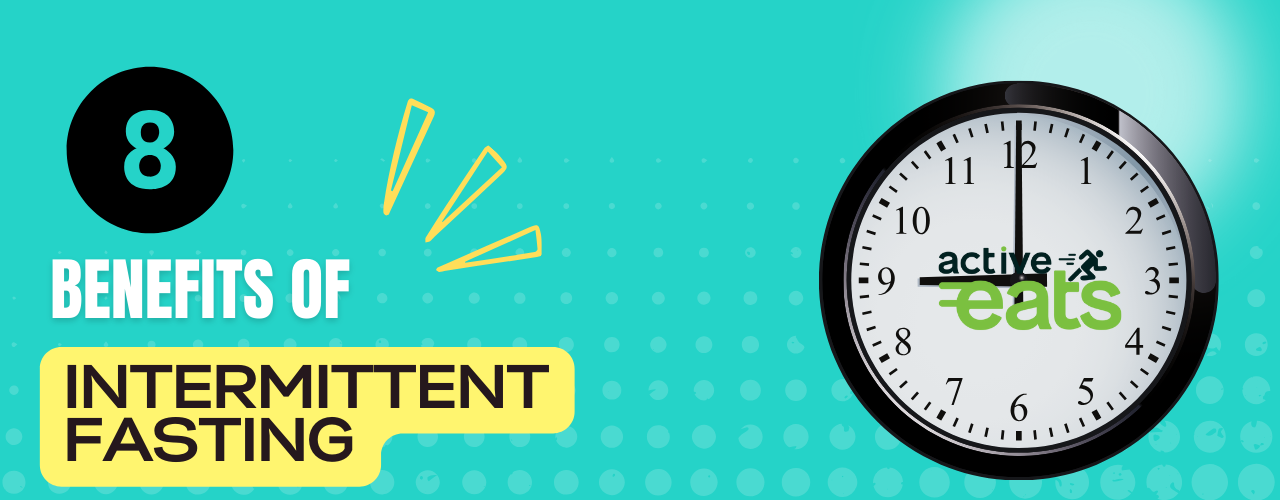
Fasting has been shown to have numerous health benefits, including:
- Promoting weight loss and improved metabolic health
- Reducing inflammation in the body which is linked to various chronic diseases
- Better insulin sensitivity
- Autophagy, a process that cleans out damaged cells and their components resulting in improved cell health.
- Digestive rest to body which is beneficial for gastrointestinal health.
- Supporting brain health and improving cognitive function
- Helping to prevent certain chronic diseases, such as heart disease and cancer
- Mental clarity and better focus during fasting periods
Intermittent Fasting
Intermittent fasting involves a fixed predetermined fasting period followed by a predetermined eating period. This approach to fasting is very popular due to its flexibility and potential health benefits.
There are several popular intermittent fasting methods:
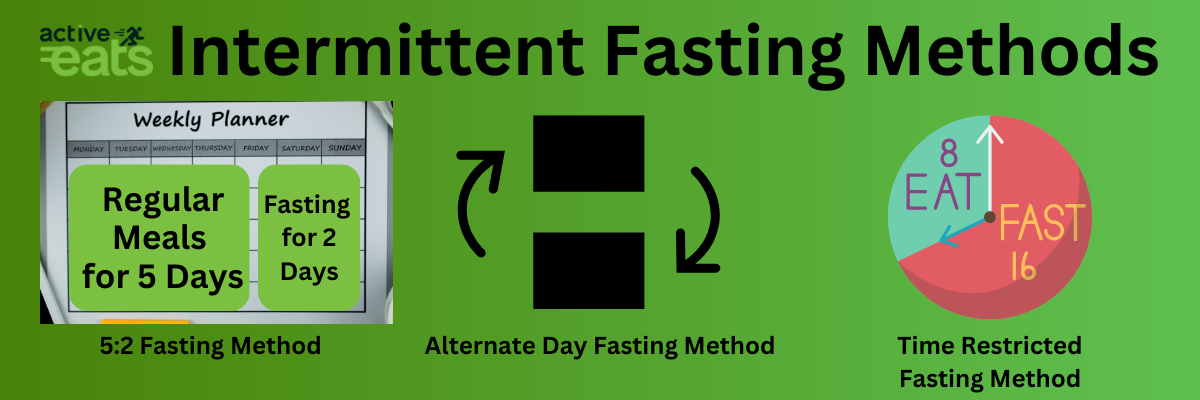
- 5:2 Fasting Method: In this method, you have to eat your normal meals for 5 days and fast for rest 2 days of the week and repeat the same for next week. On fasting days, your calorie intake is usually around 500 calories.
- Alternate Day Fasting Method: In this method, you have to fast on every other day. On fasting days, you consume little to no calories and on non-fasting days, you can eat your normal meals.
- Time Restricted Fasting Method: This method constitutes limiting your daily eating window to a specific number of hours. The most common form of time restricted fasting is the 16:8 method, where you fast for 16 hours and have an 8-hour eating window.
Intermittent fasting can offer various benefits:
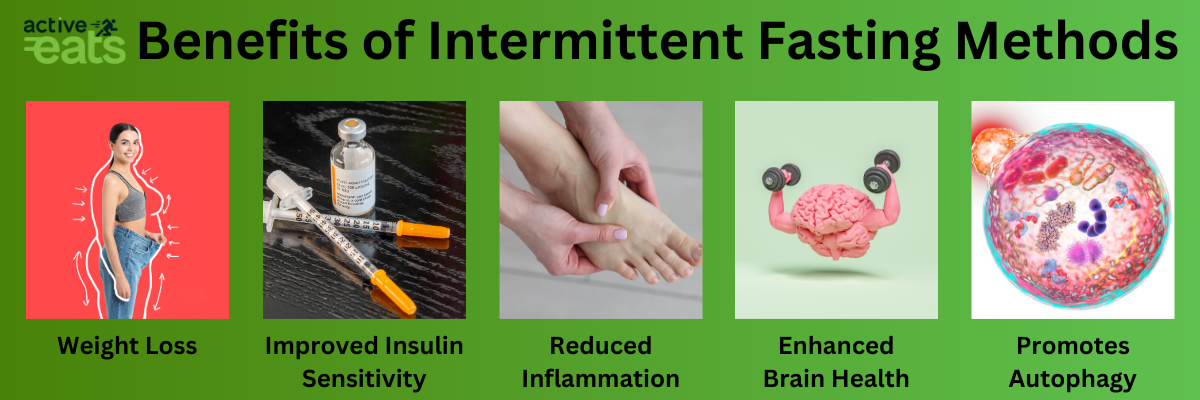
- Weight Loss: Intermittent fasting can help in weight loss by reducing overall calorie intake. It also affects hormones that promotes fat burning and increases body metabolism.
- Improved Insulin Sensitivity: Intermittent fasting can improve insulin sensitivity, which can be beneficial for individuals with insulin resistance or type 2 diabetes.
- Reduced Inflammation: Fasting can help reduce chronic inflammation in the body, which is linked to various diseases.
- Enhanced Brain Health: Some studies suggest that intermittent fasting may improve brain cognition and reduce the risk of neurodegenerative diseases.
- Promotes Autophagy: During fasting, the body undergoes a process called autophagy, where old cells are broken down and recycled. This cellular repair mechanism has implications for health and longevity.
It’s essential to find an intermittent fasting method that suits your lifestyle and health goals. Consulting with a healthcare professional can provide personalized guidance and ensure safety.
Water Fasting and Juice Fasting
Water fasting involves consuming only water for a set period of time, typically 24-72 hours while Juice fasting allows for the consumption of fruit and vegetable juices, but no solid food. Both water fasting and juice fasting can help promote detoxification, boost the immune system, and support weight loss.
Water fasting eliminates the body toxins and promotes cellular repair and regeneration. It also helps in weightloss as the body relies on stored fat for energy along with reducing water mass from skin which will make you look slim.
Juice fasting provides your body with essential nutrients from fruit or vegetable juices as the absence of solid food makes better absorption of mineral and vitamins. It also aids in body detoxification although less intensely than water fasting.
These fasting methods should be done under medical supervision and may not be suitable for everyone.
Circadian Fasting
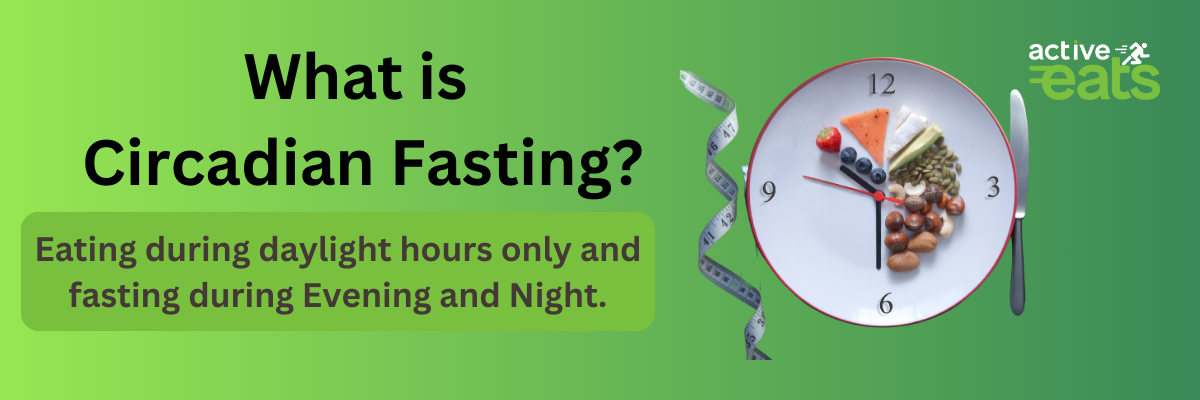
Circadian fasting involves eating with your body’s natural circadian rhythm which means eating during daylight hours and fasting during the evening and night. By following this pattern, circadian fasting can have several benefits for your health:
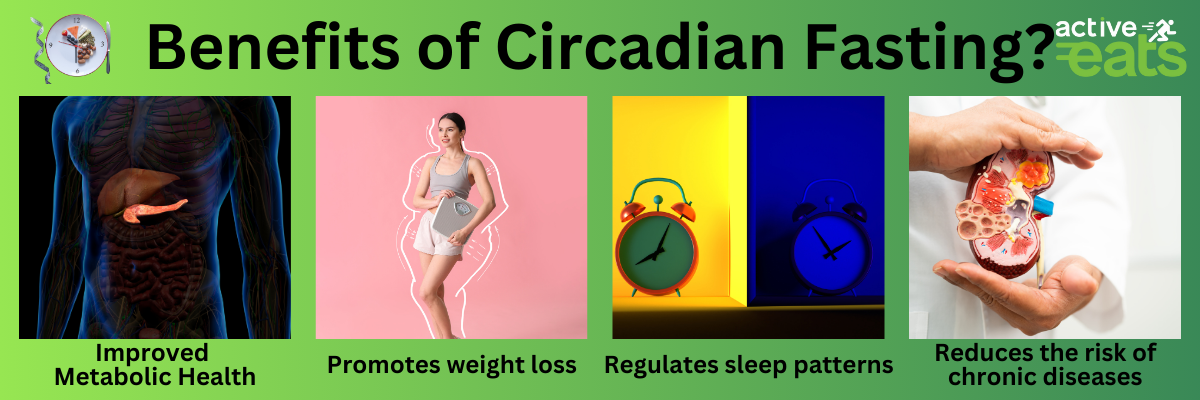
Improved metabolic health: By restricting your eating window to daylight hours, circadian fasting can help regulate your metabolism and improve insulin sensitivity.
Promotes weight loss: Eating during the day and fasting at night can naturally reduce calorie intake and aid in weight management.
Regulates sleep patterns: Aligning your eating pattern with your body’s natural circadian rhythm can help improve sleep quality and regulate sleep-wake cycles.
Reduces the risk of chronic diseases: Studies have shown that circadian fasting can help reduce the risk of chronic diseases such as diabetes, obesity, and cardiovascular diseases.
As with any fasting method, it’s important to listen to your body and make adjustments as needed. Consulting with a healthcare professional before starting a circadian fasting regimen is always a good idea, especially if you have any underlying health concerns.
Dry Fasting Method and Liquid Fasting Method
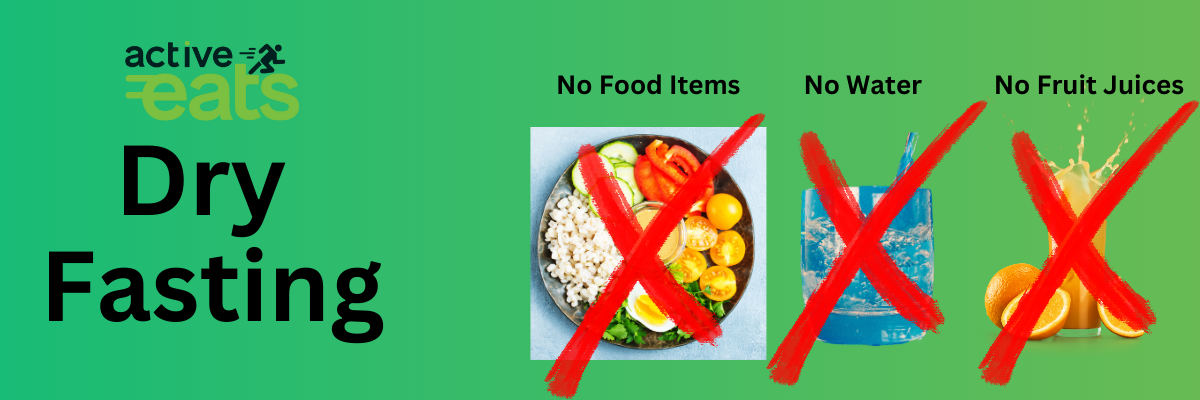
Dry fasting involves abstaining from both food and water for a certain period of time. It is considered the most extreme form of fasting. During dry fasting, the body relies solely on its internal water sources and metabolic water production.
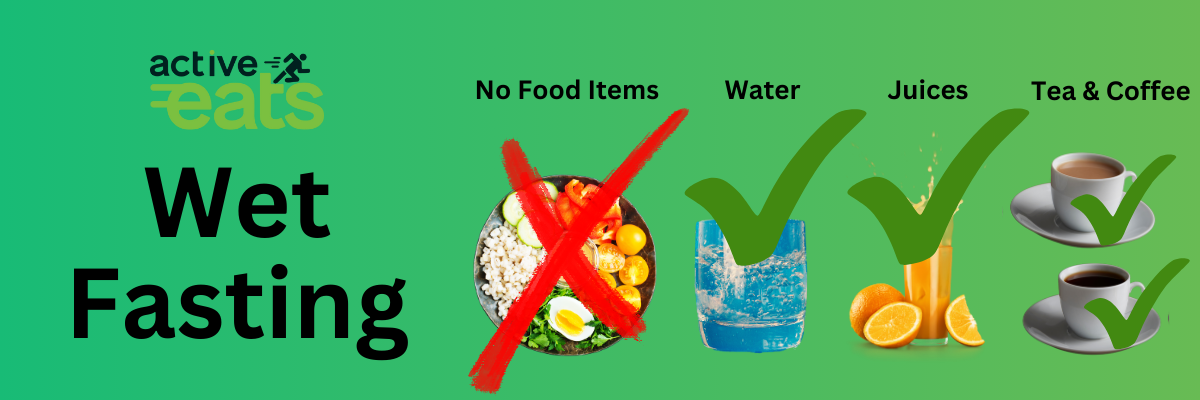
Liquid fasting, on the other hand, allows for the consumption of liquids such as water, herbal teas, and clear broths, while avoiding solid food. This method provides some hydration and nourishment while still giving the digestive system a break.
Both dry fasting and liquid fasting can have benefits for detoxification and cellular repair. They are believed to promote autophagy, the process by which the body breaks down and recycles old cells for energy.
Daniel Fasting, Jonah Fasting and Ezra Fasting

Daniel fasting involves abstaining from certain foods, such as meat, dairy, and sweets, and focusing on plant-based foods.
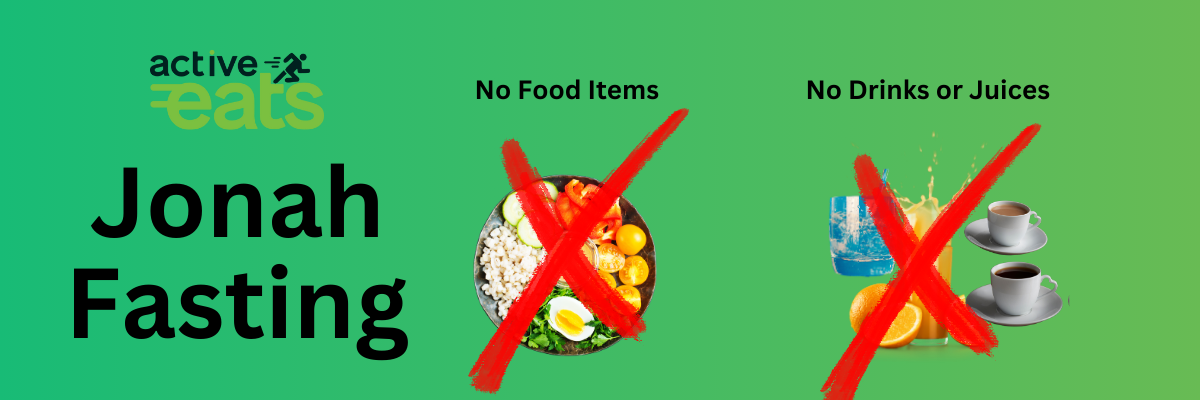
Jonah fasting involves abstaining from all food and drink for a set period of time, typically three days.
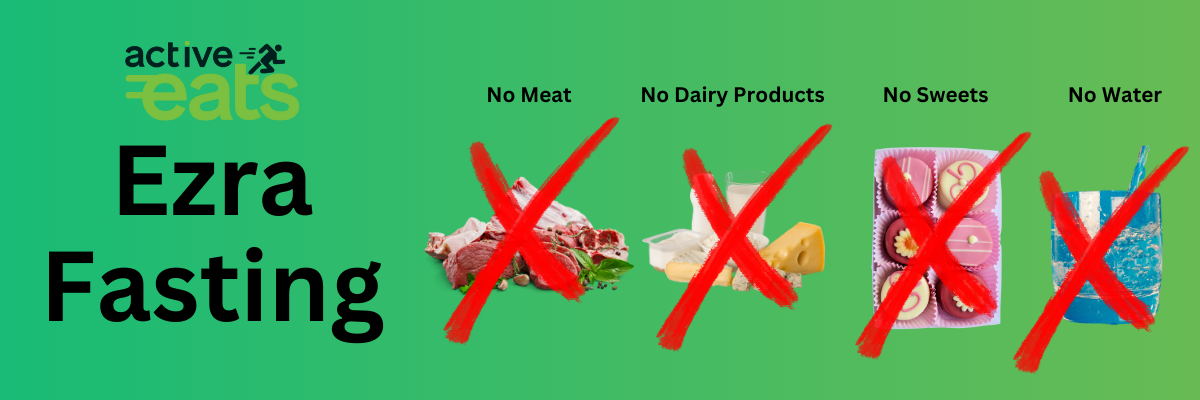
Ezra fasting is similar to Daniel fasting, but also includes abstaining from water for a certain period of time.
These religious fasting methods are often practiced for spiritual reasons and can have both physical and mental health benefits.
Best Fasting Methods by Body Type
The best fasting method for an individual can depend on their body type and specific health goals. Here are some considerations:
- Higher Body Fat Percentage:
If you have a higher body fat percentage and are looking for weight loss, these fasting methods may be beneficial:
Time Restricted Fasting or Intermittent Fasting: Limit your daily eating window to promote fat burning and weight loss. The 16:8 fasting method or the 5:2 fasting method are popular choices.
- Underweight or Medical Conditions:
If you are underweight or have certain medical conditions, it’s important to approach fasting methods with caution and consult a healthcare professional:
Seek Guidance: Discuss with a healthcare professional to determine if fasting is appropriate for your specific situation.
- Listening to Your Body:
Regardless of body type, it’s important to listen to your body when practicing fasting:
Adjustments: Make adjustments as needed to meet your body’s individual needs.
Remember, the best fasting method varies from person to person, and it’s essential to prioritize your health and well-being.
Precautions for Fasting
Fasting is not suitable for everyone and certain precautions should be taken. It’s important to consult a healthcare professional before starting a fasting regimen, especially if you have any underlying health conditions.
Pregnant or breastfeeding women, children, and individuals with eating disorders should avoid fasting.
Fasting should never be taken to an extreme and it’s crucial to stay hydrated and nourished during and after fasting periods.
Conclusion
Fasting is a practice that has been shown to have numerous health benefits, including weight loss, improved metabolic health, and reduced inflammation. Different fasting methods, such as time restricted fasting, intermittent fasting, and water fasting, offer various approaches to fasting and can be tailored to individual needs and goals.
However, it is important to approach fasting with caution and consult with a healthcare professional, especially if you have any underlying health conditions. Pregnant or breastfeeding women, children, and individuals with eating disorders should avoid fasting altogether. It’s crucial to listen to your body, stay hydrated, and nourished during and after fasting periods.
Ultimately, the best fasting method will depend on your body type and specific health goals. It’s important to find a fasting approach that works best for you and one that you can sustain long-term. Fasting can be a powerful tool for improving overall health, but it should always be practiced responsibly and with consideration for individual needs and limitations.
Remember, fasting is just one component of a healthy lifestyle. It’s important to combine fasting with a balanced diet, regular exercise, and good sleep hygiene for optimal health and well-being.

